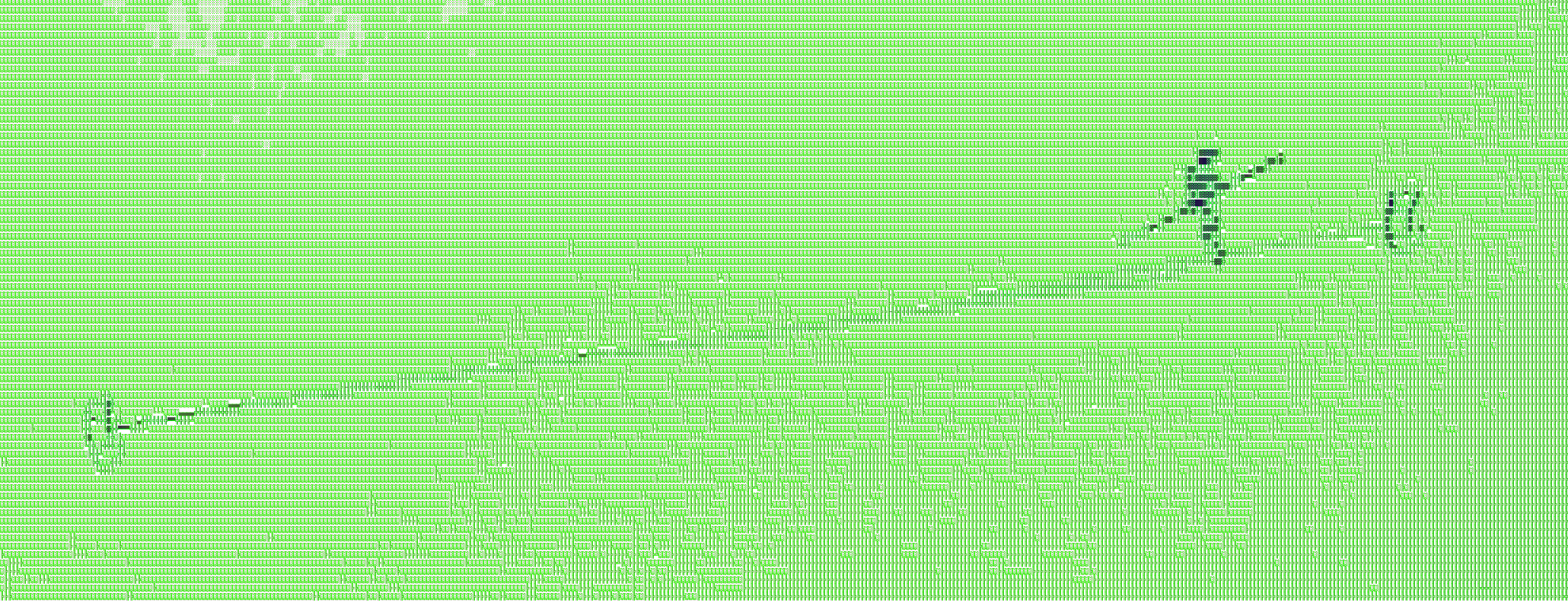1 The idea that through banding together [united by a great hero] that we can predict and control the course of civilization ― and nature ― is an active, masculine and western idea. But in my experience many events "just happen" and are then rationalized after-the-fact to say who-or-what determined them irrespective of what leaders want to do; choosing the correct figures of imitation, ideals and goals for a civilization is important ― especially for the sake of children and young men ― but there is a limit on the influence that these things can have over the future.
2 As a Christian I do believe in free will. I believe that I have the ability to use reason and language (with Christ as my guiding star ✦) to control my personal ethics, my future, and a smaller part of the future my community. And the extended notion in the west of the ability of a people to control their destiny through self-determination has allowed it to survive many winters: both figuratively and literally!
3 But I also have a much older, passive, slow, feminine and eastern view of broader history; I remain very skeptical when someone suggests a productive change to it can be accomplished from a quick direct force. Direct force ― micromanagement ― to change things becomes harder the more complex a system because their are too many factors to account for.
4 Even if I can't verbalize an exact casual connection between keeping my hygiene in order, moving towards starting a family ― contributing to the Church and other institutions ― and the future wider ripples in the cosmos does not mean that my acts are not having a large effect. The broader story and edifice emerges ― moves somewhere ― from a multitude of small acts and small constructions that combine in weird and hard-to-predict ways.
5 Traditionalism is not about verbalized ideals or a known future that can be strived toward. Traditionalism is about practising and maintaining traditions (e.g liturgy and sacraments for the case of the church?). It's the idea of having faith that the cosmos "will work itself out" (guided by the Holy Spirit?) if you and enough other people do them. It is an old-fashioned mindset that places a limit on the use of reason.
6 Stability should have priority in politics over a self-concious Hegelian direction. Can Goodhart's law (or Campbell's law, Lucas critique) be applied generally to critique teleology and linear history? Political stability provides a sandbox for a non-concious spontaneous history to emerge from the practicing of (slowly evolving?) traditions. A Hume or Hobbes inspired conservative would mostly outright reject rocking the boat as a productive endeavor. Nothing can be built on shifting sand.
7 I don't have faith in using the general population as a tool ‘toward a end’ or to reshuffle things. The mob ― the folk ― has a mind of its own and it often makes the situation far worse when mobilized. The audience never learned what was after ’project mayhem‘ in Davis Finscher's Fight Club because only destruction and smashed things is the default outcome of emotion-infused movement directed by a strong man. That type of political struggle (political struggle in general?) is not a constructive (i.e mostly a destructive) arena to play in; because future is built not fought for I have limited emotional investment in it.
8 More on Taoism: Christ did not come as an earthly king to challenge pagan Rome, but the church that he founded led to its demise.
